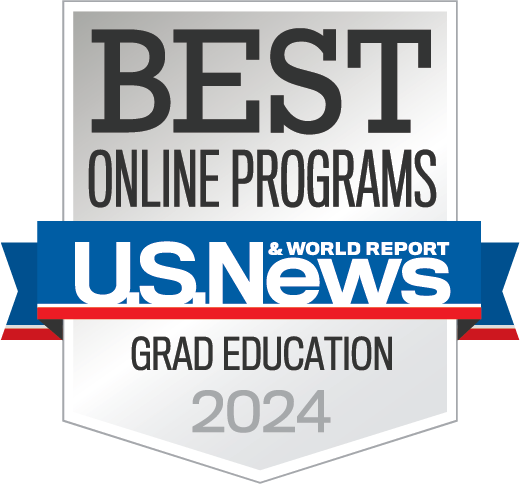Developing an Inclusive Syllabus
Guiding Questions for CCC Submitters and Reviewers to Develop an Inclusive Syllabus
In recognition of the powerful role curriculum can play in disrupting racism and in keeping with the college’s antiracism initiatives, these questions are intended to serve as a guide (rather than a pre-determined or required list of questions) for curriculum development and to promote conversation between course developers and the college curriculum committee during the COE curriculum approval process. Note, that this document does not replace the UF Course submission guidelines or university requirements for new syllabi and course submission.
- Does this course include readings representing a variety of viewpoints and cultural backgrounds?
- Does this course include assignments and activities that are culturally relevant and inclusive?
- Does this course include opportunities to explore how course content impacts individuals and communities, including those who have been historically marginalized (e.g., inviting guest speakers to the course or locating other media along with readings that represent diverse perspectives)?
- Do class session topics allow for discussion regarding how students from different cultural backgrounds may view the content?
- Does the course allow students opportunities to draw on their own experiences and culture?
- Does this course include assignments and activities that disrupt dominant, racialized norms? (e.g., assignments that help students identify implicit bias, recognize their own biases and/or privilege, or examine course-related data or readings with a critical lens)
- Are the course assignments equitable and attainable by all students regardless of income, location, cultural background, etc., without putting any students in distress while attempting to complete an assignment?
- Are student expectations clearly stated in the syllabus?
- Does the course syllabus include a statement regarding topics related to inclusive practices (i.e., inclusive communication in classroom discussions, respect for diversity, accessibility and accommodations, religious and cultural observances, attendance and participation) with accompanying information for accessing student services on campus? (see example statements below for ideas)
- Does the course syllabus include a statement about land acknowledgement?
Example Statements
UF Herbert Wertheim College of Engineering
Commitment to a Safe and Inclusive Learning Environment
The Herbert Wertheim College of Engineering values broad diversity within our community and is committed to individual and group empowerment, inclusion, and the elimination of discrimination. It is expected that every person in this class will treat one another with dignity and respect regardless of gender, sexuality, disability, age, socioeconomic status, ethnicity, race, and culture.
https://www.eng.ufl.edu/diversity-inclusion/
UF College of Journalism and Communications
The College of Journalism and Communications understands the importance of diversity as a contribution to the industries of journalism and communications in our increasingly multicultural nation and globalized marketplace. We value diversity and the development of competence in intercultural communication and behavior for all who are a part of our college, industry and society. Thus, we are committed to incorporating diversity and inclusiveness in our faculty, staff, student, curriculum, research, immersion properties and culture.
We embrace diversity as a shared responsibility among faculty, staff, and students and strive for tangible expressions of this responsibility. We are committed to fostering a safe, welcoming and inclusive environment for individuals of all races, genders, nationalities, religions, sexual orientations, identities and abilities, to express their culture and perspectives through the art and science of journalism and communications.
https://www.jou.ufl.edu/home/about/diversity-statement/
Colby College
Colby College is dedicated to the education of humane, thoughtful, and engaged persons prepared to respond to the challenges of an increasingly diverse and global society and to the issues of justice that arise therein. The College also is committed to fostering a fully inclusive campus community, enriched by persons of different races, gender identities, ethnicities, nationalities, economic backgrounds, ages, abilities, sexual orientations, political beliefs, and spiritual values. We strive to confront and overcome actions and attitudes that discourage the widest possible range of participation in our community, and we seek to deepen our understanding of diversity in our daily relationships and in our dealings as an institution.
https://www.colby.edu/diversity/statement-on-diversity/
Brown University
The Department of Sociology embraces a notion of intellectual community enriched and enhanced by diversity along a number of dimensions, including race, ethnicity and national origins, gender and gender identity, sexuality, class and religion. We are especially committed to increasing the representation of those populations that have been historically excluded from participation in U.S. higher education.
https://www.brown.edu/academics/sociology/diversity-statement
University of Iowa
It is my intent that students from all diverse backgrounds and perspectives be well served by this course, that students’ learning needs be addressed both in and out of class, and that the diversity that students bring to this class be viewed as a resource, strength and benefit. It is my intent to present materials and activities that are respectful of diversity: gender, sexuality, disability, age, socioeconomic status, ethnicity, race, and culture. Your suggestions are encouraged and appreciated. Please let me know ways to improve the effectiveness of the course for you personally or for other students or student groups. In addition, if any of our class meetings conflict with your religious events, please let me know so that we can make arrangements for you.
https://education.uiowa.edu/services/office-dean/policies/syllabus-checklist





